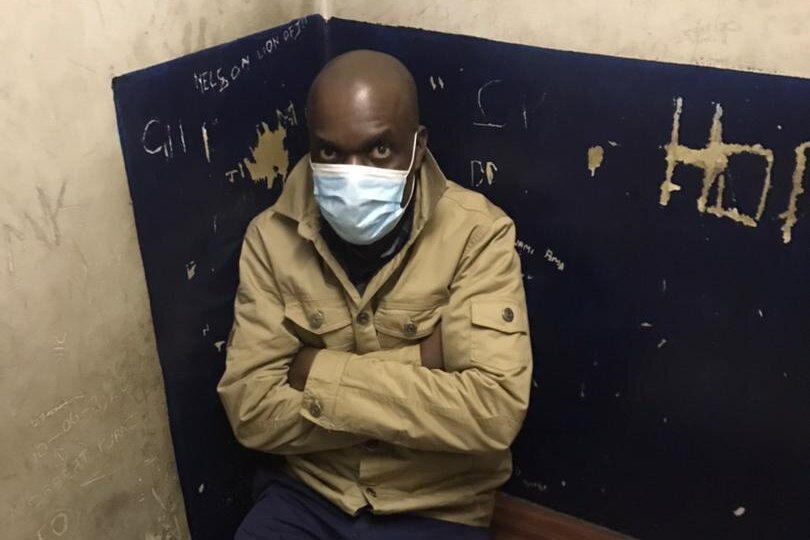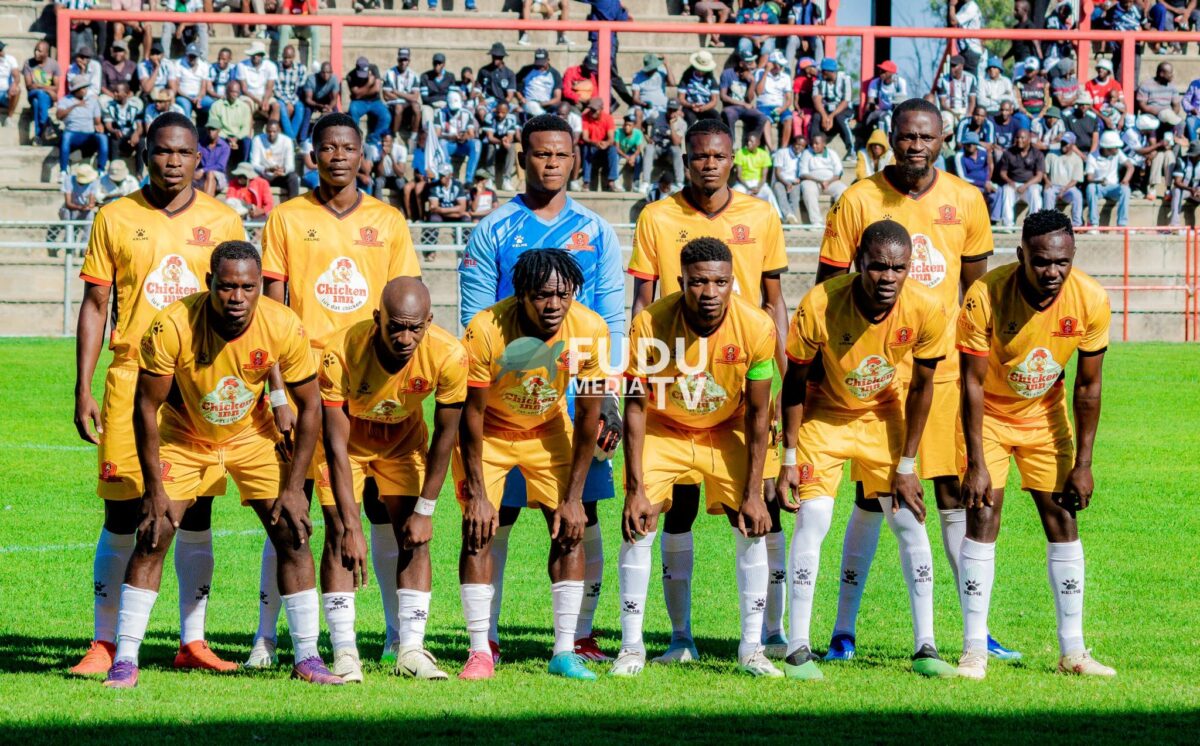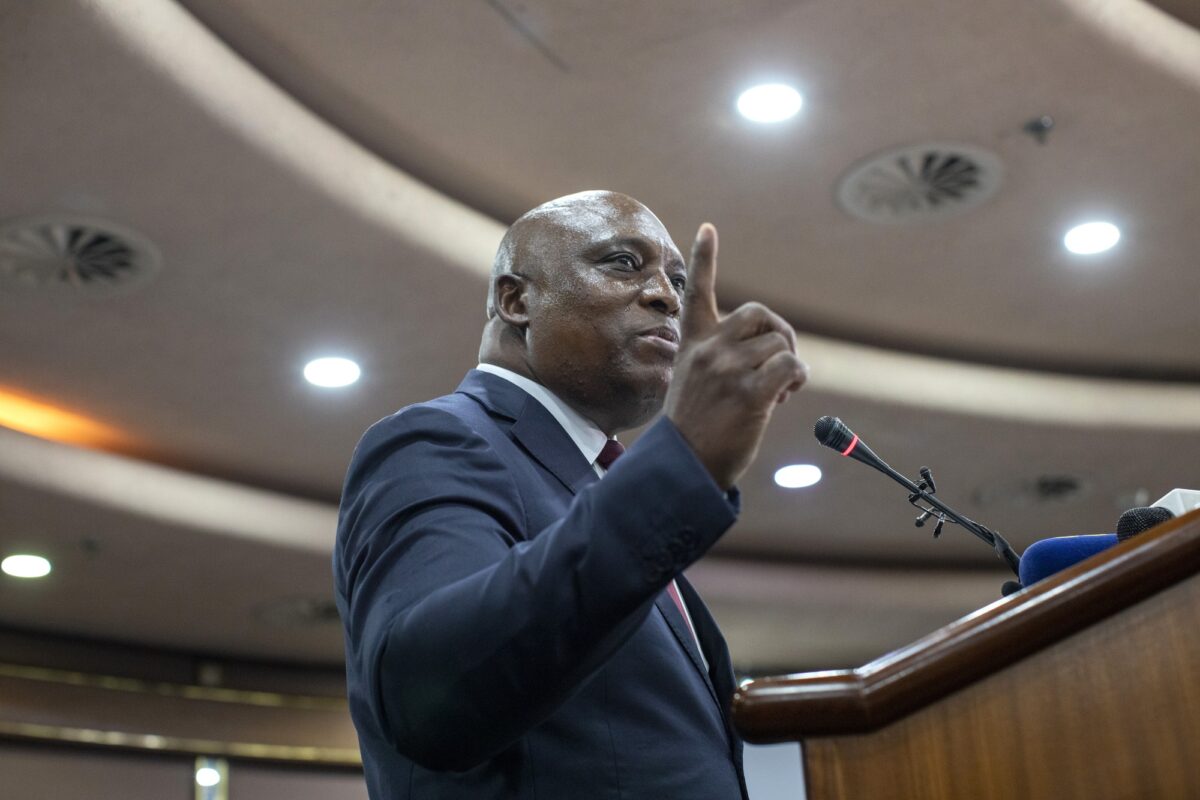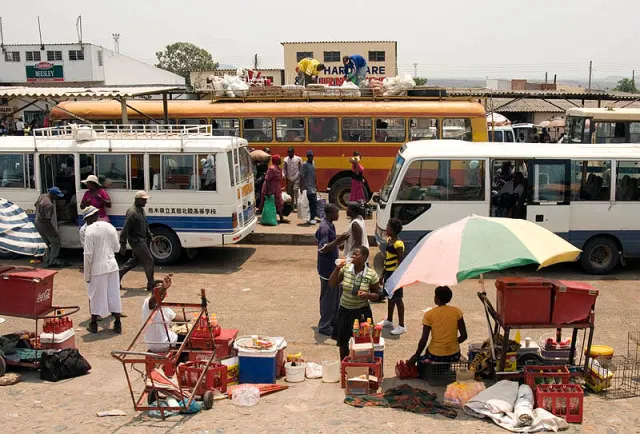BULAWAYO – New York Times correspondent Jeffrey Moyo filed a bail appeal in the High Court on Thursday after a magistrate ordered his extended detention saying the reporter posed a threat to national security and that he was a flight risk.
Moyo, 37, was arrested on May 26 in Harare on accusations that he had forged documents to facilitate an unlawful reporting trip for two foreign journalists from the leading United States newspaper after they were denied Zimbabwe entry by the information ministry.
He was charged under Section 36 (1) (e) of the Immigration Act Chapter 4:02, with prosecutors saying the newsman also secured fake accreditation for his visiting peers after conniving with a Zimbabwe Media Commission (ZMC) registrar Thabang Farai Manhika, who is also in custody.
Defense lawyers argued for the journalist’s immediate release when he appeared before a Bulawayo magistrate on May 28, contending that Moyo had been detained beyond 48 hours in violation of Section 50 (3) of the Constitution which prescribes that “any person who is not brought to court within the forty-eight-hour period referred to in subsection (2) must be released immediately unless their detention has earlier been extended by a competent court”.
While the State admitted to the breach, magistrate Rachel Mukanga dismissed the application ruling that “such kind of release is not sanctioned by the law”, adding that the only remedy for over-detention was compensation through civil damages against the government, and not release.
She railed: “The two foreigners entered the country on 5 May 2021 and were deported on 8 May 2021. Their agenda was unknown and for 3 days they carried out their business interviewing local people without the minister approving. The national sovereignty and security as we speak is already at stake. The release of the two accused persons [the other one being Manhika, Moyo’s co-accused] on bail will undermine public peace and security.”
The magistrate also said Moyo could abscond if released as he faced up to 10 years in jail if convicted. Alternatively, he could be fined.
Moyo’s attorneys from Mtetwa and Nyambirayi law firm have asked the High Court to grant him bail or set him free altogether given his unlawful detention.
They said the magistrate made “several gross misdirections… by refusing to immediately release the appellant notwithstanding that the state conceded that he had been over-detained.”
“The learned magistrate a quo erred and misdirected herself by finding as she did that the Appellant’s only remedy for his over-detention was to seek compensation from the State when, at law, section 50(3) of the Constitution of Zimbabwe provides him with a remedy for his immediate release,” the journalist’s lawyers said.
They also poked holes in the magistrate’s argument that Moyo was not a suitable candidate for bail as he posed a threat to national security, saying such reasoning was not predicated on any legal statute.
“Section 117 of the Criminal Procedure and Evidence Act which sets out the grounds on which a court can refuse bail does not mention an accused person being a national security threat or the sovereignty of the country being at stake as legitimate grounds for refusing bail,” the lawyers submitted, charging that the allegations showed no “facts that can remotely be termed a threat to State security.”
They added: “She [the magistrate] conflated the State’s ground of the appellant’s conduct being a threat to national security with a different ground altogether that the release of the appellant is likely to undermine public peace and security, a ground never advanced by the State.
“She made no findings as to what she considered compelling reasons and why such were deemed compelling reasons. In any event, the Appellant has not confessed to the commission of a crime and has merely stated how he lawfully followed the accreditation procedure through the correct body,” said the lawyers.”
Moyo’s attorneys also said the journalism accreditation credentials he got for his colleagues Christina Goldbaum and João Silva were duly issued by the Zimbabwe Media Commission.
The two were ordered out of Zimbabwe after flying in through Bulawayo
“The case does not involve any immigration papers whatsoever but rather accreditation cards. The magistrate’s failure to make that distinction demonstrates a fundamental failure to grasp the facts of the case,” the lawyers said.















